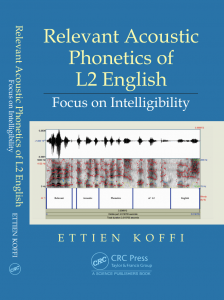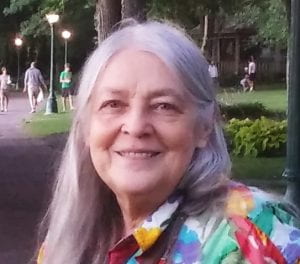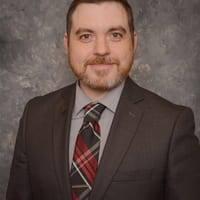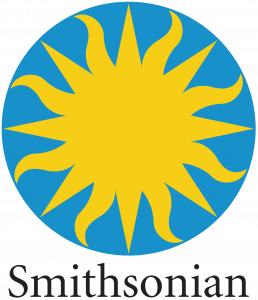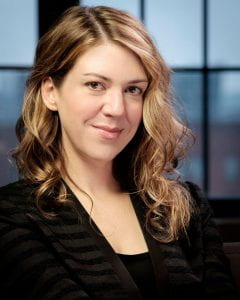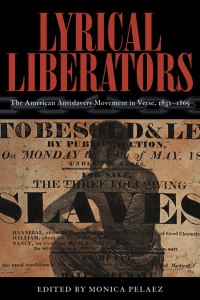We have some really exciting upcoming events! Check them out and mark your calendars!
Wednesday, March 17, 4:00–, Danez Smith reading
Here’s link to info and registration: https://huskiesconnect.stcloudstate.edu/event/6941024
Bio: Danez Smith is a Black, Queer, Poz writer & performer from St. Paul, MN. Danez is the author of “Don’t Call Us Dead” (Graywolf Press, 2017), winner of the Forward Prize for Best Collection, the Midwest Booksellers Choice Award, and a finalist for the National Book Award, and “[insert] boy” (YesYes Books, 2014), winner of the Kate Tufts Discovery Award and the Lambda Literary Award for Gay Poetry. Danez is a member of the Dark Noise Collective and is the co-host of VS with Franny Choi, a podcast sponsored by the Poetry Foundation and Postloudness. Danez’s third collection, “Homie”, was published by Graywolf in January 2020.
Thursday, March 18th, 4:00 – 5:15, Sheila O’Connor will be joining Shannon Olson’s Advanced Fiction class to discuss Evidence of V, her Minnesota Book Award-winning novel. I’ll open this up to students in the department; she was supposed to visit in person last spring but that had to be cancelled.
Wednesday, March 31st, Sheila returns to meet with Harvest to discuss her role as fiction editor for the Water-Stone Review, housed at Hamline. 4:00 – 4:50. That will be open to English students.
TBA – A Wednesday at 4:00, Meghan Maloney-Vinz visit to Harvest editorial group; that would be open to students in English as well. Meghan is the general manager for Water-Stone, and she also manages Hamline’s undergraduate national online journal, Runestone, which re-opens its submissions window in April, I think: https://runestonejournal.com
Wednesday, April 12, 7:00-8:15 Celebrate National Poetry Month with readings by Four Poets, made possible by a grant from the Minnesota Arts Board
Artist Bios
Janna Knittel lives in Minnesota but still calls the Pacific Northwest “home.” Janna has published a chapbook, Fish & Wild Life (Finishing Line Press, 2018) and has poems published or forthcoming in Between These Shores Literary and Arts Annual, Blueline, Cottonwood, Up North Lit, North Dakota Quarterly, Split Rock Review, Cold Mountain Review, Whale Road Review, The Wild Word, and Waters Deep: A Great Lakes Anthology. Recognition includes 2021 and 2019 grants from the Minnesota State Arts Board.
Stanley Kusunoki is the author of three collections of poetry; 180 Days, Reflections and Observations of a Teacher, Items in the News, both published by North Star Press of St. Cloud, and Shelter in Place—Poems in a Time of COVID-19, (Polaris Press, an imprint of North Star Press). He has taught creative writing to young people through programs at The Loft, Asian American Renaissance, Intermedia Arts, and S.A.S.E., The Write Place. He was the recipient of a Loft “Asian Inroads” mentorship, and was awarded a MN State Arts board “Cultural Collaboration” grant to create, write and perform “Beringia-The Land Bridge Project” with Ojibwe performance poet, Jamison Mahto at Intermedia Arts. He is the host/curator of the Bridges reading series at Next Chapter Booksellers in St. Paul. Kusunoki most recently was the High Potential Coordinator at Red Oak Elementary School in Shakopee. He lives in St. Paul with his wife, Claudia Daly.
Sagirah Shahid is an African American Muslim poet, educator, and performance artist from Minneapolis. Sagirah has received awards, residencies, and fellowships from the Loft Literary Center, Wisdom Ways, the Twin Cities Media Alliance, and the Minnesota Center for Book Arts. Her debut collection of poetry “Surveillance of Joy” is forthcoming from Half Mystic Press in April 2021.
Bryan Thao Worra is the Lao Minnesotan Poet Laureate and the author of 10+ books, recently appointed by Governor Dayton to the state Council on Asian Pacific Minnesotans to represent the Lao community. He holds over 20 national and international awards for his writing and community leadership. This is his first reading in St. Cloud in over 15 years.
Wednesday, April 21st, Harvest Online Release Party, 4:00 – 5:00 p.m.
We are printing a limited number this year and will have to sort out distribution when they’re ready.

